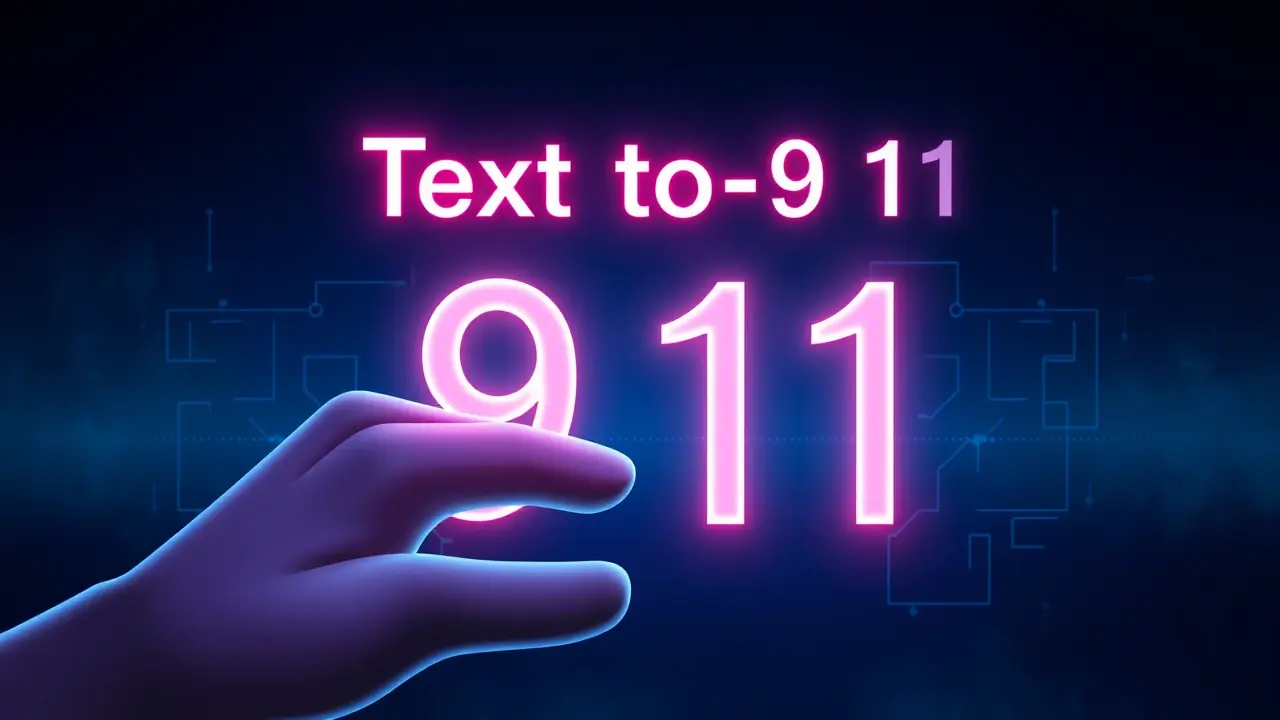
Financefintech & paymentsDigital Wallets
T-Mobile Offers Free Text-to-911 Service for All Users.
JO
John Parker
2 hours ago7 min read2 comments
In a critical move for public safety, T-Mobile has unilaterally activated free text-to-911 service across its entire network, a lifeline upgrade that effectively deputizes every smartphone on its platform as a potential emergency beacon. While many iPhone and Google Pixel users have discovered this capability quietly integrated into their devices—a feature often buried in settings and unknown to the average citizen—T-Mobile’s system-wide mandate now blankets all subscribers, regardless of handset model or service tier, ensuring that anyone trapped in a situation where a voice call could be fatal or impossible can dispatch a silent, discreet plea for help.This isn't merely a customer service enhancement; it's a fundamental re-engineering of emergency response protocols, catapulting a patchwork, carrier-specific feature into a universal standard and placing immense pressure on rivals Verizon and AT&T to immediately follow suit or face public scrutiny for lagging on a vital safety issue. The implications are profound, stretching far beyond the individual user to redefine national emergency preparedness.Consider the scenarios: a home invasion victim hiding in a closet, a domestic abuse survivor with a captor in the next room, a hiker with a broken leg and no cell signal strong enough for voice but sufficient for a fragmented data burst, or a person with a speech disability facing a medical crisis—these are the real-world cases where text-to-911 transitions from a convenience to a non-negotiable necessity. The technological backbone for this service, while seemingly straightforward, relies on a complex interplay between carrier networks, local Public Safety Answering Points (PSAPs), and device firmware, a tripartite system that has historically suffered from inconsistent adoption and crippling delays.Many emergency call centers, particularly in rural and underfunded municipalities, still operate on legacy infrastructure incapable of processing text messages, creating dangerous coverage gaps where a sent text may vanish into a digital void, never reaching a dispatcher. T-Mobile’s gambit, therefore, is as much a political and infrastructural challenge as it is a technological one, forcing a nationwide reckoning with the uneven modernization of our emergency services.The Federal Communications Commission has long advocated for text-to-911, but its rollout has been a fragmented, state-by-state slog, hampered by funding shortfalls and bureaucratic inertia. By taking decisive action, T-Mobile is effectively creating a de facto national standard, leveraging its market power to accelerate a public good in a way that regulators have struggled to achieve.Industry analysts are now watching closely, anticipating a domino effect where Verizon and AT&T will be compelled to announce similar blanket policies within weeks, not months, to avoid being branded as negligent in a hyper-competitive market. Furthermore, this move exposes the stark limitations of the current Enhanced 911 (E911) system, which was designed for a landline era and struggles with precise location data for mobile callers.While text messages can provide critical context, they often lack the automatic location pinging of a voice call, posing a new challenge for first responders who must now triangulate a sender's position from potentially vague descriptions or follow-up messages. This introduces a new layer of complexity for dispatchers, requiring specialized training to manage text-based crises efficiently without sacrificing the speed of traditional response.The long-term consequences could catalyze the next generation of emergency tech, integrating rich communication services (RCS) to allow for photo and video sharing with 911 centers, or even leveraging AI-powered triage systems to prioritize incoming messages based on keyword analysis and perceived threat level. For now, T-Mobile’s announcement is a watershed moment, a rare instance of corporate initiative directly intersecting with civic duty to forge a tangible improvement in public welfare. It’s a stark reminder that in an age of hyper-connectivity, the most vital connection remains the one to emergency services, and ensuring that link is as robust and versatile as possible is not just good business—it's a moral imperative.
#featured
#T-Mobile
#Text to 911
#emergency services
#mobile technology
#public safety
#iPhone
#Pixel
Stay Informed. Act Smarter.
Get weekly highlights, major headlines, and expert insights — then put your knowledge to work in our live prediction markets.
© 2025 Outpoll Service LTD. All rights reserved.